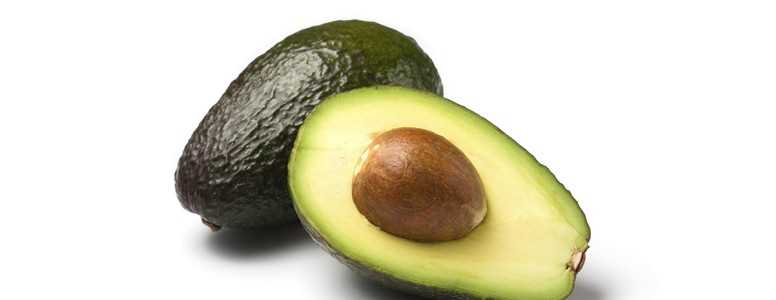A fat molecule found only in avocados could lower the risk of type 2 diabetes by reducing insulin resistance, a study from Canada suggests.
Energy is created in cells through tiny cellular structures called mitochondria. Difficulties can occur if the mitochondria struggle to burn fatty acids completely through a process called fatty acid oxidation.
Previous researchers have posited that people with obesity are more likely to have incomplete fatty acid oxidation occurring.
Researchers from University of Guelph say avocatin B (AvoB) has the ability to stop this process by countering incomplete oxidation in skeletal muscle as well as reducing insulin resistance.
The researchers conducted experiments on mice, feeding them high-calorie diets for two months to bring on obesity and create insulin resistance. Then they gave half of them AvoB alongside the high-calorie diets
The results showed that the mice who had the AvoB weighed significantly less compared to the other group. Additionally, the AvoB group displayed better insulin sensitivity.
In additional research carried out in humans, participants following a ‘western diet’ were given AvoB as a dietary supplement. The results showed that AvoB had no adverse impact on kidneys, liver or muscle. There was greater weight loss in those taking the supplement, although not enough for scientists to deem it statistically significant.
This human study demonstrated safety of the AvoB supplements. Next the researchers plan to carry out clinical trials to examine the impact of AvoB in people with metabolic health conditions.
Researcher Nawaz Ahmed, who worked on the study, said: “We advocate healthy eating and exercise as solutions to the problem, but that’s difficult for some people. We’ve known this for decades, and obesity and diabetes are still a significant health problem.”
The study is published in the Molecular Nutrition and Food Research journal.




